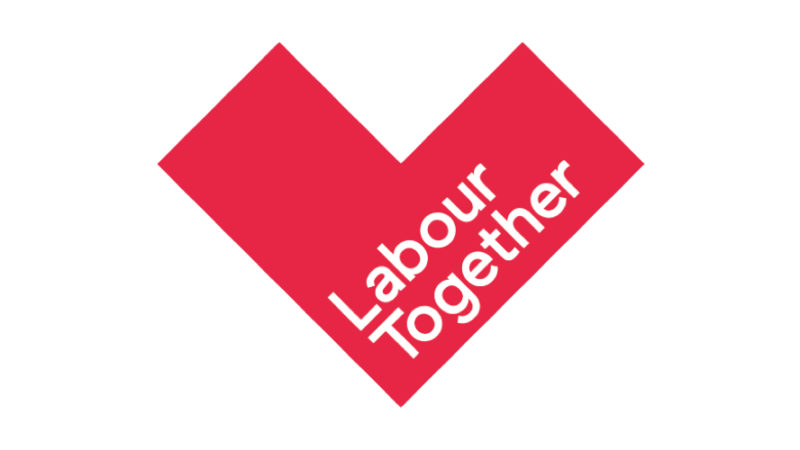
The world of work is changing. With technological advances and businesses looking for new ways to cut costs, we are being presented with fresh challenges in the form of digital platform capitalism. The question often being asked is whether we should accept the inevitability of automation and stop trying to make work better. But we believe Labour should continue the fight for a new workplace politics. If you get talking to someone on the bus, one of the first topics will be: “so, what do you do?”. It comes down to the dignity of work.
We must set out why good, inclusive work matters – from how workers are treated by their employer matters to wage growth, employees being able to see clear paths for progression, opening up job applications to anyone in society. IPPR’s Tom Kibasi writes today: “Within firms, too much power is concentrated in the hands of management, and too little is held by workers.” This matters – but those power imbalances are also just the start of what must be done to deliver the change we need.
The development of ‘good work’ could mean work is shared, more flexible, even reduced with a four-day working week. It involves creating inclusive workplaces, where necessary adjustments are made for people with disabilities and good mental health is promoted for all. We should be striving to ensure both that we reach full employment and that every worker has a job in which they are valued and feel comfortable.
There are two simple truths. How you treat workers is crucial to the product. And the difference between the average and the world class lies in the extent to which you untap the endless potential and creativity of employees. As Alex Sobel MP explores in his piece on communal ownership and social enterprise, it is key for communities and workers to be meaningful stakeholders.
New skills and good, inclusive jobs must be located as a central part of an intelligent industrial strategy that works to Britain’s strengths and adapts as industry changes. The whole skills agenda needs a boost: at present, vocational education and training is too often regarded as inferior to academic education and yet it is crucial to personal and national success.
We must break down the institutional barriers facing marginalised groups in the labour market. The disability employment gap has stubbornly remained a little above 30% for the past decade. Government employment programmes have failed to achieve greater opportunities for disabled people, and employers are still often unwilling to hire disabled people. There is startling evidence that more than a fifth are less likely to hire someone if they are open about being disabled. It is vital that we transform the workplace to ensure everyone is able to participate fully and equally.
We hope that our project looking at the world of work for Labour Together will be informative for future progressive Labour Party policy. As Westminster is consumed by Brexit, industries across the UK are facing new challenges that will shape the way we work for decades to come. We must grasp those challenges and work with our partners in the trade union movement to ensure the changes to work benefit all in society.
This piece was commissioned by Labour Together, which is guest editing LabourList this week.
Sign up to LabourList’s morning email for everything Labour, every weekday morning.



More from LabourList
Turning the page? Labour’s recovery in the polls show a path to 2029 victory
Restoration announce recommendations for NEC candidates
‘Factionalism at the top is weakening Labour – and handing a gift to Reform’